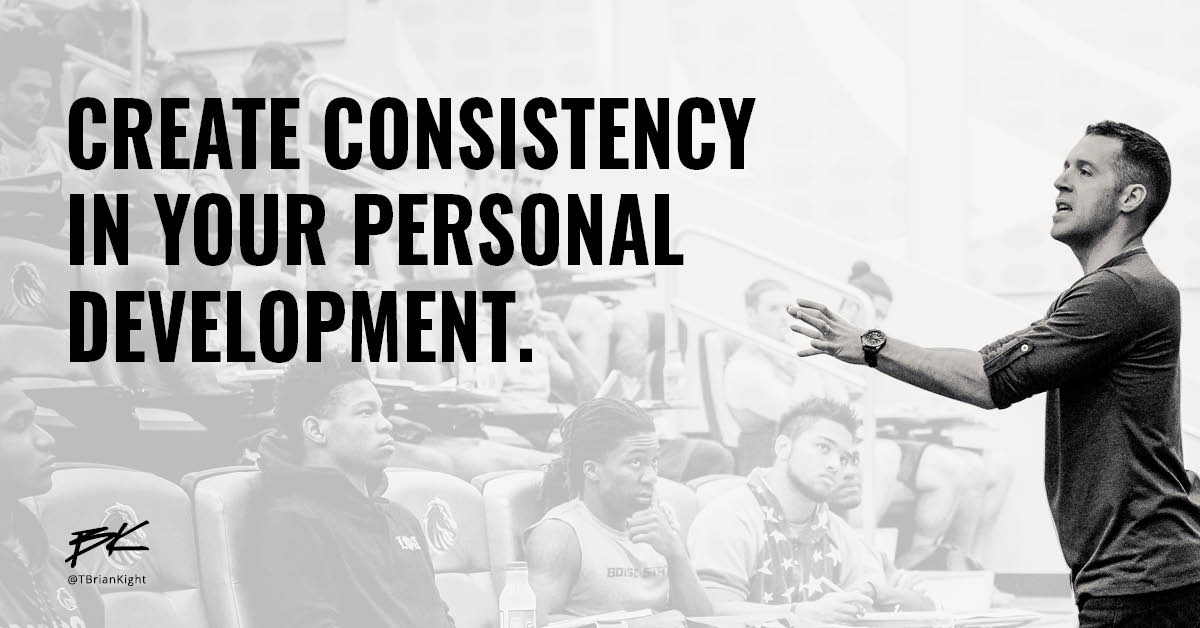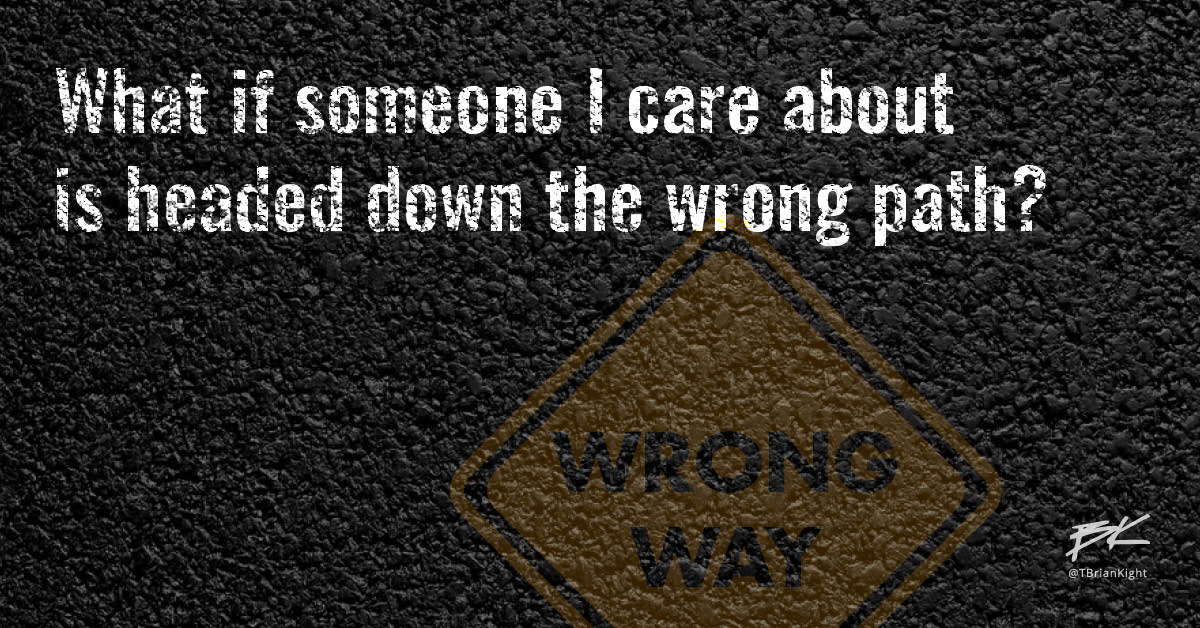The brain is a complex, wonderfully powerful, but lazy system. It loves patterns and relies on them heavily in order to conserve energy while also keeping us moving at the speed life demands.
Once the brain finds and familiarizes itself with a pattern, the brain locks onto it and struggles to see beyond that pattern. What makes this a challenge for us is that the brain is quick to pick up patterns and slow to let them go. A dangerous combination when unproductive patterns get established or when productive patterns need to evolve and upgrade.
When people say change is hard, it’s because change disrupts familiar patterns their brain has learned to rely on. It’s not an overstatement to say that changing patterns in many ways changes how people are required to perceive and process their world. Most people aren’t interested in that.
Just the idea of change threatens the reliability they’ve established in their minds and introduces the possibility of a landscape with far fewer familiar patterns to rely on for stability and fulfillment.
When you encounter anything — a person, a place, a situation, a dilemma, anything — the first thing your brain scans for is recognizable patterns. Your brain searches within itself for a reliable pattern to deal with what it’s experiencing. If it can’t find a familiar, reliable pattern, it sounds the alarm to resist the change.
The brain doesn’t actually carefully evaluate how well the pattern fits the scenario, how consistently successful the pattern has been previously, or what other patterns might fit the situation better. The machinery of your brain evaluates for familiarity, comfort, and speed, then — boom — engages in the pattern.
Powerful, incredible, but lazy. Your brain tries to save energy by working with existing patterns whether or not those patterns are delivering the experiences and outcomes you desire deep down.
Our first task is to gain self-awareness of the patterns our brain relies on and evaluate their role in our life, their impact in our life, and our awareness of their costs and benefits.
Answer the call. Do the work.


Share your thoughts